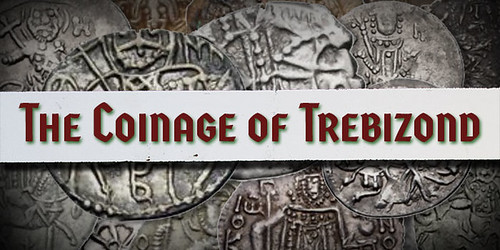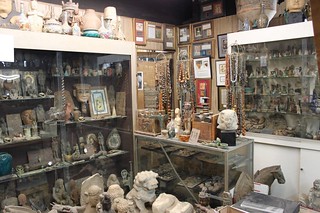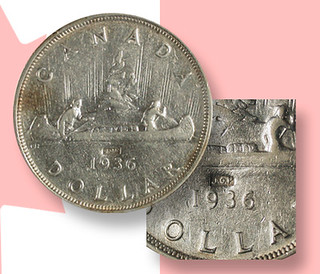
PREV ARTICLE
FULL ISSUE
PREV FULL ISSUE
LOOSE CHANGE: OCTOBER 17, 2021Here are some additional items in the media this week that may be of interest. -Editor Mike Markowitz published an article in his CoinWeek Ancient Coin Series on the Coinage of Trebizond. -Editor
THE SOUTHERN SHORE of the Black Sea is a narrow strip of fertile land–famed for excellent hazelnuts–between the sea and the rugged Anatolian plateau. The coastal fortress of Trebizond (
To read the complete article, see:
In the buyer-beware department, Arthur Shippee passed along this New York Times article about an antiquities dealer who sold counterfeit items for decades. -Editor
But Mr. Sadigh acknowledged Tuesday during a plea hearing that much about his antiquities business was an elaborate scam.
Many of the objects he was selling were not centuries-old artifacts unearthed overseas and imported to New York, investigators had said, but were, rather, phony specimens, mass-produced in a warren of offices just behind his showroom. Mr. Sadigh pleaded guilty to seven felony counts that included charges of forgery and grand larceny.
To read the complete article, see:
Jeff Starck of Coin World published an article about a Canadian optometrist who placed his counterstamp on silver dollars for several years. -Editor A silver enthusiast left his mark on Canadian coinage, leading to rarities in the silver dollar series.
Patenaude was an optometrist and jeweler, born in Quebec in 1871 and educated in Chicago. After brief stops in Alaska and Spokane, he settled in Nelson, British Columbia, becoming a well-respected member of the community. He died in 1956 at the age of 85.
To read the complete article, see:
Wayne Homren, Editor The Numismatic Bibliomania Society is a non-profit organization promoting numismatic literature. See our web site at coinbooks.org. To submit items for publication in The E-Sylum, write to the Editor at this address: whomren@gmail.com To subscribe go to: https://my.binhost.com/lists/listinfo/esylum All Rights Reserved. NBS Home Page Contact the NBS webmaster 
|


